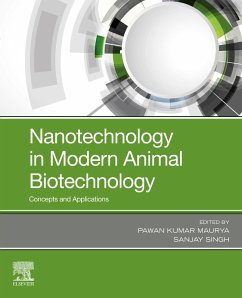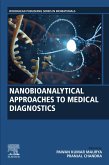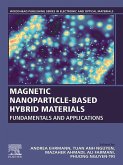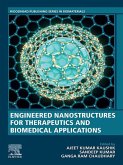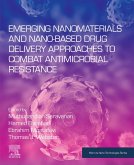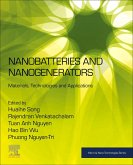Nanotechnology in Modern Animal Biotechnology: Concepts and Applications discusses the advancement of nanotechnologies in almost every field, ranging from materials science, to food, forensic, agriculture and life sciences, including biotechnology and medicine. Nanotechnology is already being harnessed to address many of the key problems in animal biotechnology, with future applications covering animal biotechnology (e.g. animal nutrition, health, disease diagnosis, and drug delivery). This book provides the tools, ideas and techniques of nanoscale principles to investigate, understand and transform biological systems.
Nanotechnology provides the ability to manipulate materials at atomic and molecular levels and also arrange atom-by-atom on a scale of ~1-100 nm to create, new materials and devices with fundamentally new functions and properties arising due to their small scale.
Nanotechnology provides the ability to manipulate materials at atomic and molecular levels and also arrange atom-by-atom on a scale of ~1-100 nm to create, new materials and devices with fundamentally new functions and properties arising due to their small scale.
- Details the basics of nanotechnology, along with comprehensive information on the state-of-the-art and future perspectives of nanotechnology in biosensors
- Provides recent perspectives and the challenges of nanomedicine
- Provides new insights into the role nanomaterials can play in curing various diseases
- Includes the most recent diagnostic methods, such as nanosensors
Dieser Download kann aus rechtlichen Gründen nur mit Rechnungsadresse in A, B, BG, CY, CZ, D, DK, EW, E, FIN, F, GR, HR, H, IRL, I, LT, L, LR, M, NL, PL, P, R, S, SLO, SK ausgeliefert werden.

